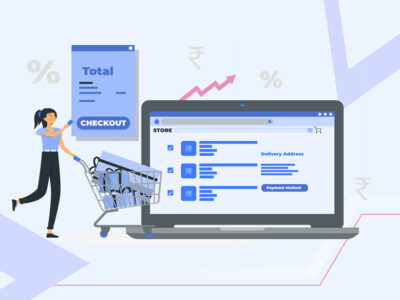In the fast-paced world of hospitality, success hinges not only on external factors but also on the integrity of internal operations. Supplier kickbacks, a clandestine practice prevalent in the industry, pose a significant threat to the financial and ethical integrity of cafes and restaurants. Let’s delve into the intricacies of this illegal practice and explore nine actionable steps to combat its detrimental effects.
Understanding Supplier Kickbacks
Supplier kickbacks entail covert incentives offered to cafe staff or management by suppliers to influence business transactions. These clandestine dealings can lead to compromised quality, inflated costs, and eroded profits, undermining the fundamental integrity of hospitality businesses.
The Origins and Impact of Kickbacks
Kickbacks often stem from inadequate compensation or oversight, enticing employees to engage in illicit schemes for personal gain or to maintain business relationships. The consequences include financial loss, compromised quality, and operational inefficiencies, posing a formidable challenge to sustainable growth.
Strategies to Mitigate the Risk
Combatting the scourge of supplier kickbacks requires proactive measures and a commitment to transparency and accountability. Here are nine strategies to safeguard your business against this insidious threat:
- Active Participation: Owners should actively engage in purchasing decisions to ensure transparency and accountability.
- Fair Wages: Providing fair compensation reduces staff vulnerability to kickback schemes and fosters loyalty.
- Supplier Testimonials: Seek feedback from fellow business owners to assess supplier credibility and ethos.
- Transparent Procurement Processes: Implement clear and transparent procurement processes, regularly reviewed for compliance.
- Employee Training: Educate employees on the implications of kickbacks through regular training sessions.
- Whistleblower Policies: Encourage employees to report unethical practices without fear of retaliation.
- Regular Audits: Conduct surprise audits to detect anomalies in procurement processes.
- Vendor Agreements: Establish clear agreements with suppliers prohibiting kickback practices.
- Employee Well-being: Create a positive work environment, recognizing and rewarding employee contributions to deter illicit incentives.
The UAE Coffee Kickback Epidemic
While supplier kickbacks are pervasive globally, the UAE’s cafe industry has been particularly impacted. Overambitious suppliers capitalize on under-compensated staff, perpetuating a cycle of greed and financial desperation. This practice not only undermines business integrity but also stifles professional growth and earning potential, exacerbating the challenges faced by cafe owners.
Moving Towards a Sustainable Future
Addressing the issue of supplier kickbacks requires a concerted effort from cafe owners to prioritize transparency, accountability, and ethical conduct. By implementing robust policies and fostering a culture of trust and integrity, businesses can navigate the complexities of the hospitality industry and ensure long-term success.
In conclusion, combating supplier kickbacks is essential for preserving the integrity and sustainability of hospitality businesses. By taking proactive steps to mitigate the risk and foster a culture of transparency and accountability, cafe owners can safeguard their businesses and uphold ethical standards in the industry.










Comments